by Steve Watson
6 minute read
Within the past six months, the environmental community – and for that matter the planet – has lost two of its most influential champions. Maurice Strong, who passed away in November 2015, and Mostafa Tolba, who died this March, were both active on the world stage in the earliest days of the environmental movement as key figures in the United Nations Environment Program (UNEP).
The UN General Assembly established UNEP in December 1972, placing Maurice Strong at the helm as Executive Director. From its headquarters in Nairobi – the organisation was the first UN agency to be based in a developing country – Strong steered UNEP through its first years with Mostafa Tolba as his deputy. Although the two men came to the nascent environmental movement through rather different paths, both focussed on mitigating the environmental impacts of international development, and both did so with considerable diplomatic aplomb.
A Strong track record
Canadian born Maurice Strong fell in love with the idea of the United Nations as a youth, when during the Second World War he first heard of Churchill and Roosevelt’s intention to create an international organisation in the name of peace and justice. Although Strong made his fortune in the field of oil and mineral mining, according to his official biography his journey up the corporate ladder seems primarily to have been motivated by his desire to ascend into the upper echelons of the UN, reasoning that influence in business would allow him to wield influence within the organisation.

Strong words: Maurice Strong speaking prior to the COP15 Conference in Copenhagen. Photo by Philip McMaster (CC BY-NC 2.0), via Flickr
The gambit paid off, because it was while working for mining company Caltex in East Africa that Strong became involved with the YMCA, where he gained his first exposure to the world of international development and politics. Upon returning home to Canada, he continued his involvement, eventually becoming national President and Chairman of the Extension and Intermovement Aid Committee of the World Alliance of YMCAs.
A vocal advocate of the potential for Canada’s foreign policy to support developing nations, he attracted the attention of Canada’s Prime Minister, who made Strong Deputy Minister for External Aid. A man of Strong’s ambition was unlikely to remain deputy for long, and he duly led the department through its transformation into the Canadian International Development Agency (CIDA).
Head Strong
The CIDA did two things for Strong: it enabled him to act as Canadian delegate to the UN and it made him aware of the fact that infrastructure development was a complex process which often brought social and environmental harm along with the intended benefits. Ever the fast mover, Strong quickly became involved in environmental politics.
He scored his first major diplomatic success with the 1972 UN Conference on the Human Environment, held in Stockholm, bringing on board many reluctant developing countries which saw environmental issues solely as a concern for rich nations. In doing so, Strong set a precedent for international environmental diplomacy of the kind we see continuing through the COP climate change conferences.
The 1972 conference’s final declaration proclaims the need for rational planning to resolve the conflicts which can arise between the needs of development and the environment, a concern which had gone hitherto unheeded by many developing nations. In the wake of Stockholm, UNEP was established, with Maurice Strong as Executive Director.
For whom the bell Tolbas
Whereas Strong came to environmentalism through international development, Tolba was foremost an environmental scientist who came to see the risks posed by unchecked development. In his time, he published over 600 statements and articles on the environment and was awarded an impressive number of academic prizes and governmental decorations. Around the time Strong first started dreaming of working for the UN, Tolba was graduating from Cairo University, to which he would return after gaining a Ph.D. from Imperial College, London to found his own department of microbiology.
Tolba’s impact was greatest in the field of ozone protection. His scientific work focussed on monitoring stratospheric ozone depletion and his diplomatic work was integral to establishing the Montreal Protocol, an international treaty which has led to chlorofluorocarbons (CFCs) and hydrochlorofluorocarbons (HCFCs) being phased out. These very useful substances, which had become commonplace in refrigerators, air conditioners and aerosols, were found to have the unfortunate effect of damaging the Earth’s ozone layer, which shields us from the sun’s ultraviolet radiation.
None other than Kofi Annan – Secretary General of the UN from 1997 to 2006 – called the Montreal Protocol “perhaps the single most successful international agreement to date”. In addition to its success, the Protocol set a global precedent for taking preventative action on environmental problems.
Rio grand
Tolba was rare among international diplomats in cultivating a kind of catchphrase that encapsulated his philosophy: ‘development without destruction’. At the 1972 Stockholm Conference he acted as delegate for his native Egypt, and soon after was appointed Strong’s deputy at UNEP. When Strong stepped down as Executive Director in 1975, perhaps due to business commitments – he became head of the Canadian national oil company in 1976 – Tolba took UNEP’s helm. He remained in the position until 1992, culminating in that year’s UN Conference on Environmental Development.
Hosted by Rio de Janeiro, Brazil, and widely known as the ‘Earth Summit’, it saw over 170 governments and more than 2,000 NGOs try to establish global rules for sustainable development. UNEP appointed Maurice Strong as Secretary General for the Conference, and he helped Tolba steer through agreement on two legally binding UN conventions: the Framework Convention on Climate Change – under which the Kyoto Protocol was later established – and the Convention on Biological Diversity.
In 1994 Tolba returned to Egypt, where he continued to pursue his vision of sustainable development with the founding of the International Center for Environment and Development (ICED). One biography traces his acute understanding of the interconnectedness of environment and politics back to his Egyptian roots: the country’s economy is watered by the River Nile, an international river flowing through ten other countries. Tolba was aware early on of the communality of natural resources, and that environmental concerns cross political boundaries.
Summit to remember them by
The careers of Maurice Strong and Mostafa Tolba speak of potential. They are daunting figures: enormous diplomatic personalities acting on the world stage, drawing together the threads of social development and environmental science against a backdrop of global politics. They leave a legacy of global political infrastructure, together with a set of precedents, however imperfect, that signal what this system can achieve.
The Framework Convention on Climate Change may not have fixed the problem of global warming. The Convention on Biological Diversity may not have brought about fully sustainable development. But the Earth Summit, like all the major diplomatic achievements of Strong and Tolba, demonstrated that was at least possible to unite disparate nations in the name of the global environment. Without their contributions, it is quite possible that last year’s Paris Agreement would never have been reached, and their environmental legacy will live on after them, just as their diplomatic legacy does.
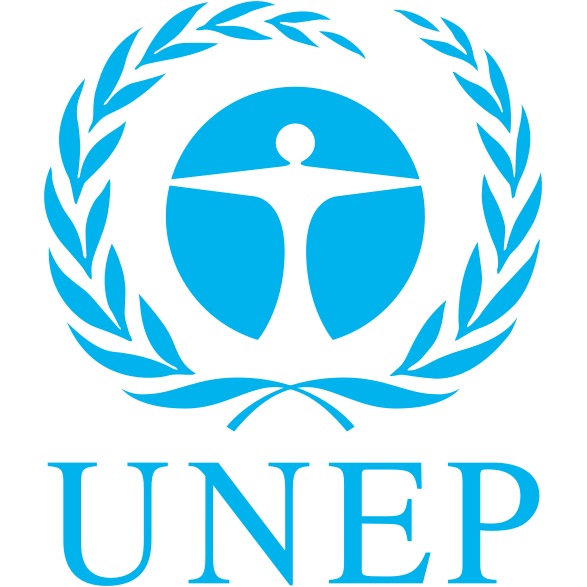
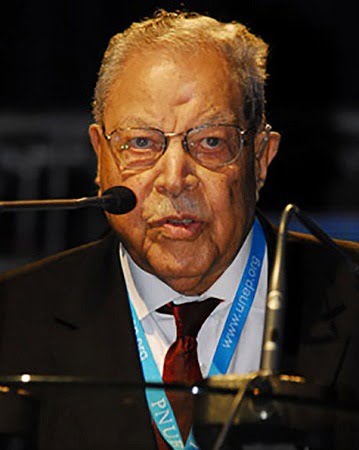

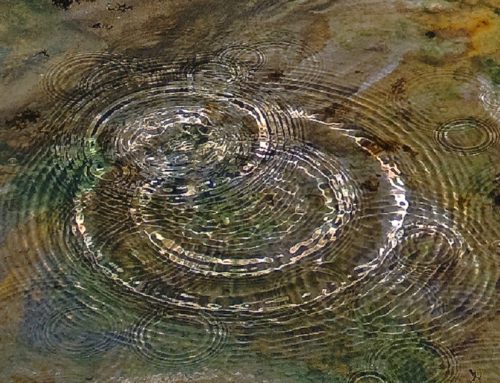
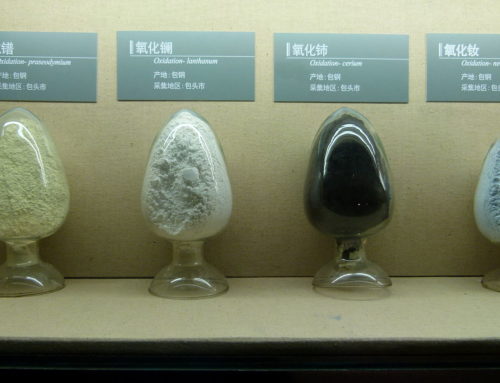
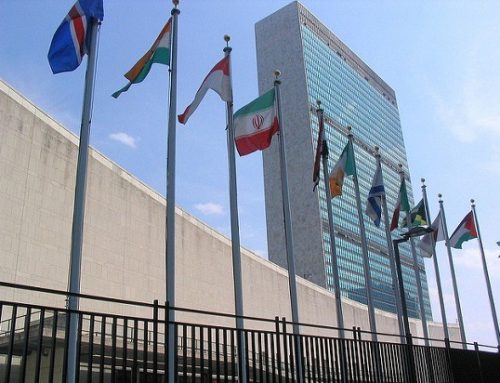
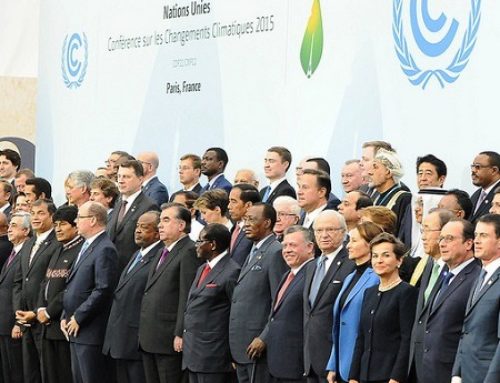
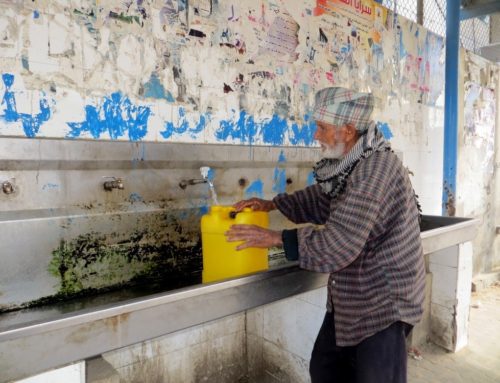
Leave A Comment